In today's topsy-turvy business landscape, finding the right talent is crucial for your organization's success. As recruitment becomes increasingly competitive, sourcing tools have emerged as valuable assets for HR professionals and recruiters.
These tools streamline candidate sourcing, help discover top talent, and enhance the hiring process. However, choosing the right one can be overwhelming with so many sourcing solutions in the market. We will guide you through the key questions you should ask when researching sourcing tools to make an informed decision that aligns with your organization's needs.
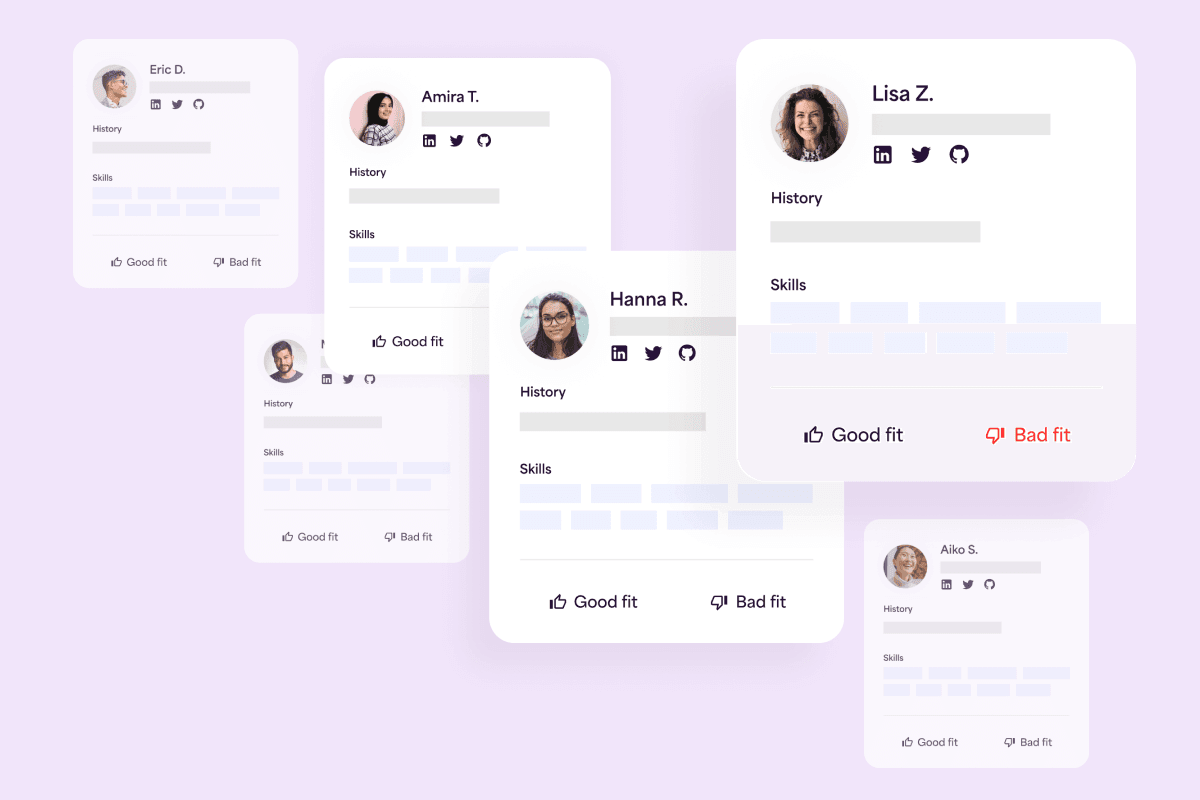
1. Can it find the talent I'm looking for? 🔎
A critical aspect of any sourcing tool is its ability to access diverse channels to find candidates. So, inquire about the sourcing tool's reach across job boards, social media platforms, professional networks, and other online sources.
Part of understanding which tool will be the right fit for your sourcing strategy is understanding where your candidates live online and if that tool can access those candidates. For instance, marketing and sales professionals are generally active on LinkedIn, but medical professionals are considerably less so. Make sure to find out what channels any tool you are considering is searching to accommodate your hiring needs best.
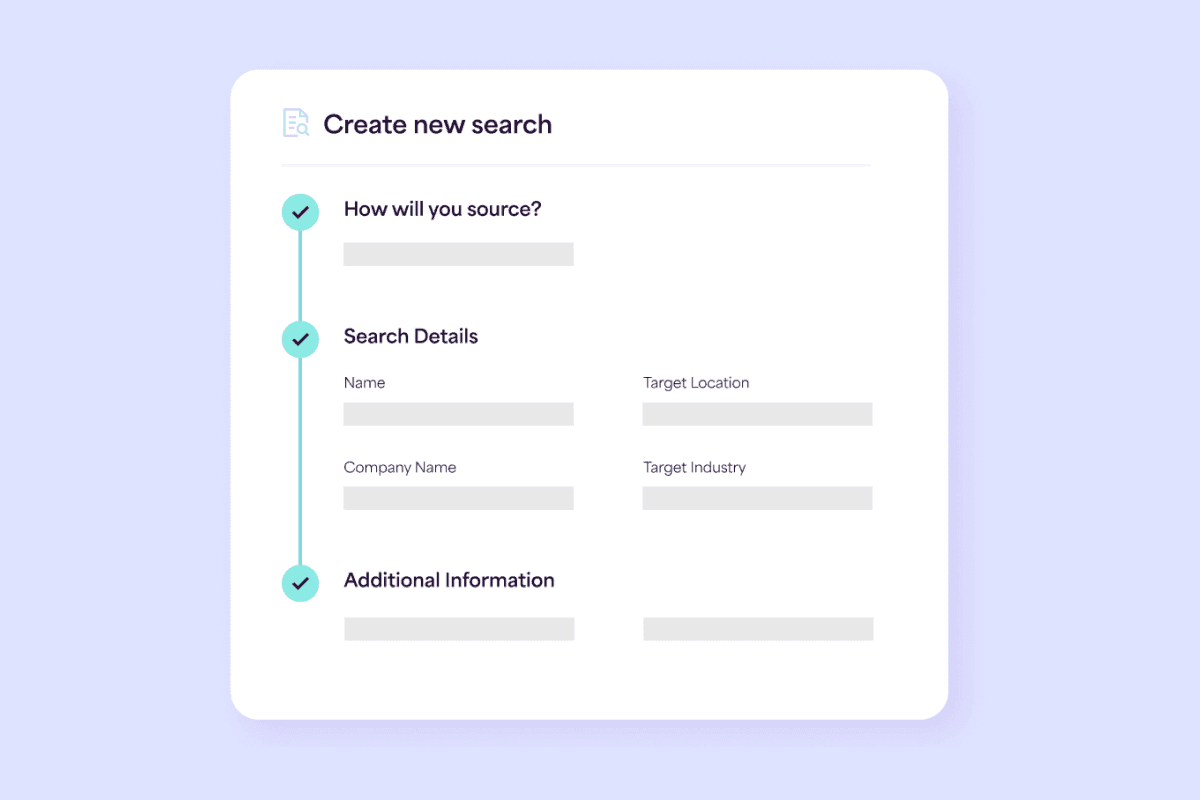
2. How specific can I make my search criteria? 📝
Your value as a recruiter stems from your ability to understand human experiences and pick up on subtext. Many candidate sourcing tools today rely heavily or exclusively on machine learning and AI to find and deliver qualified candidates.
This comes with obvious advantages but also some serious drawbacks. Some tech can make sourcing more efficient and minimize the need for recruiters to use complex boolean strings to uncover talent. However, TA teams still need to teach and train algorithms and AI to think like they do.
AI sourcing tools can yield many results for a "product designer" search but will likely leave you filtering through a broad talent pool. Ask the solutions you're investigating how they handle more complicated requests – i.e., a product designer with at least three years at a startup.
At Fetcher, we strive to provide clients with the most efficient and effective tools to find the perfect candidate for their needs. Our advanced AI technology allows quick and accurate filtering of specific criteria while our human experts ensure that even your most nuanced requirements are met. We understand that the right balance between technology and human expertise is crucial to achieving success in the hiring process.
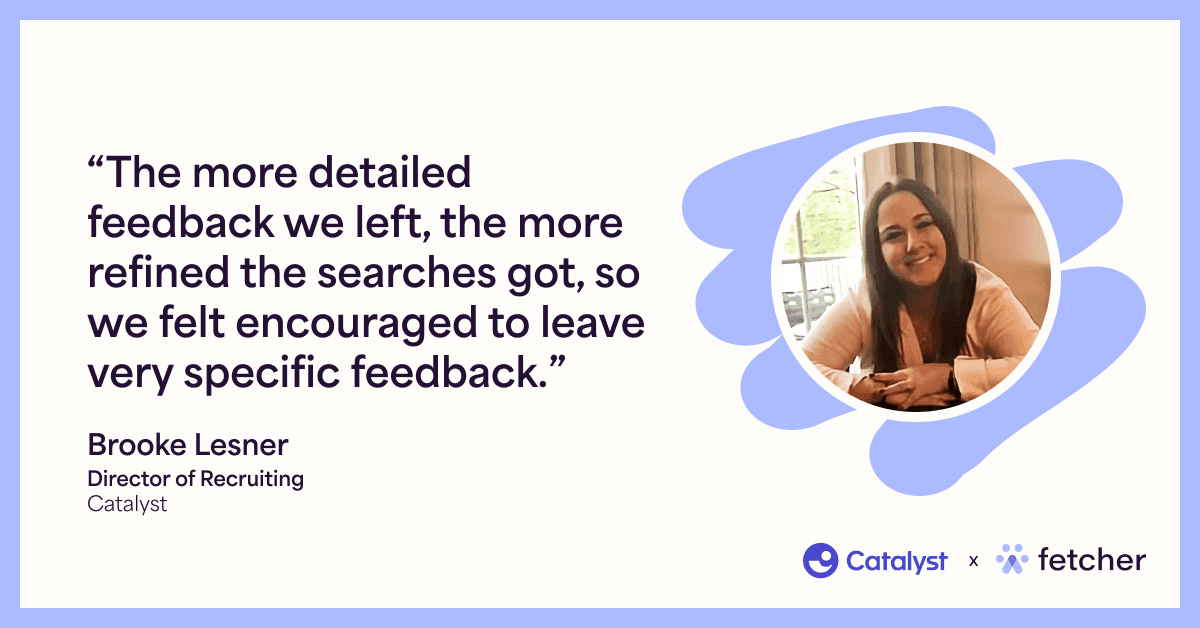
3. Does the tool care about Quality over Quantity? 💎
Sourcing for quantity is vital to expand your reach and fill your pipeline with potential hires. However, ultimately, ten quality candidates are more likely to end in a successful hire than 100 mediocre ones.
When researching sourcing tools, ask about their quality control processes. Are candidates vetted before you see them? Is their contact information verified? How up-to-date is the data that you are receiving? What metrics are available to understand quality?
With Fetcher, candidate info is pulled from an updated, dynamic source like LinkedIn, Github, and/or an online portfolio. This typically means fewer gaps in data and fewer chances that you’re reaching out to an old phone number or email address.
Wondering what success looks like with automated sourcing? Check out our GR0 case study to learn how the marketing agency saved hours a week and grew its SEO team.

4. How do you handle candidate privacy and data security? 🔐
Candidate privacy and data security are paramount in the sourcing process. Ensure that any tool you consider complies with data protection regulations and has robust security measures in place. It’s also crucial to understand exactly what candidate details will be provided to you to ensure you are not being bombarded with extraneous and unnecessary profile information.
Look for features such as data encryption and candidate consent management to safeguard sensitive information. Critical security and compliance designations such as SOC2 are also a surefire indication that a company takes security and privacy seriously.
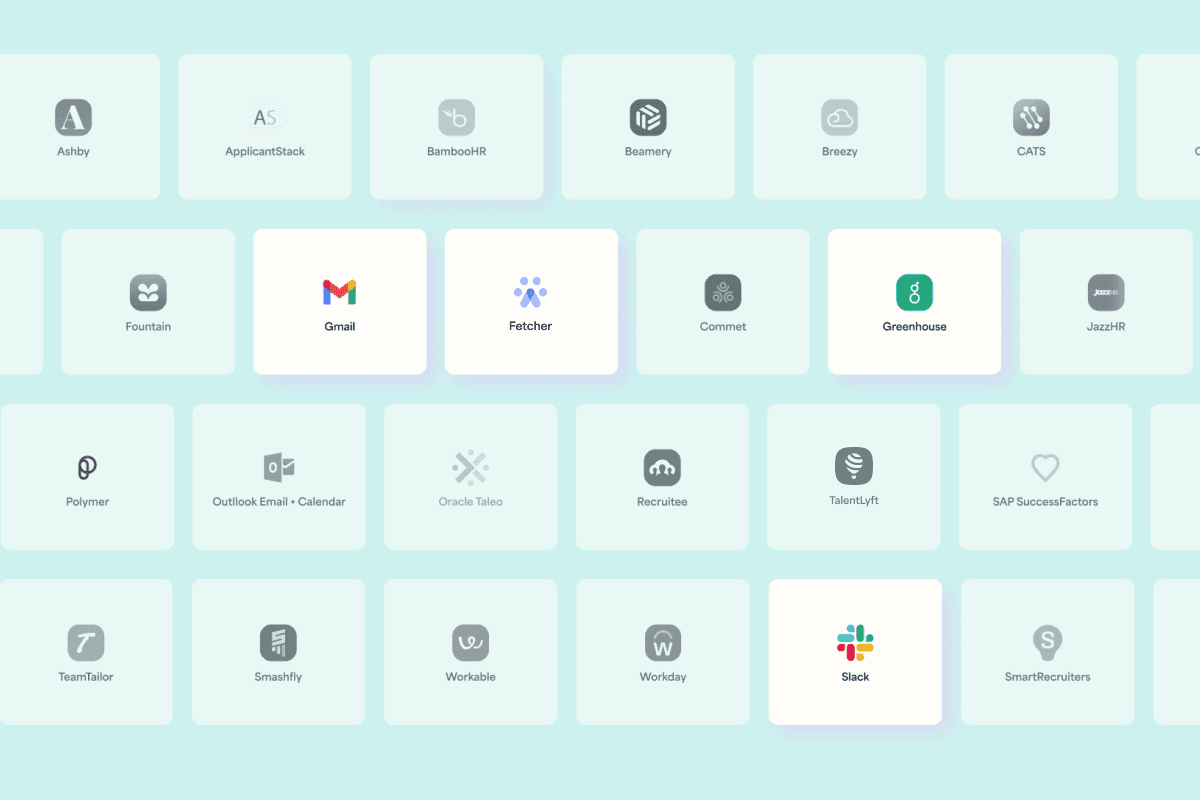
5. Can you integrate with my existing tech stack and Applicant Tracking System (ATS)? 🔌
Seamless integration with your ATS and existing tech stack is vital for an efficient recruitment process. Check if the sourcing tool can integrate with your existing ATS or if it offers its own ATS functionalities. Integration eliminates the need for manual data entry and streamlines the flow of candidate information. Additionally, adopting any new tool is considerably more straightforward and effective when it works within an existing and familiar tech ecosystem.
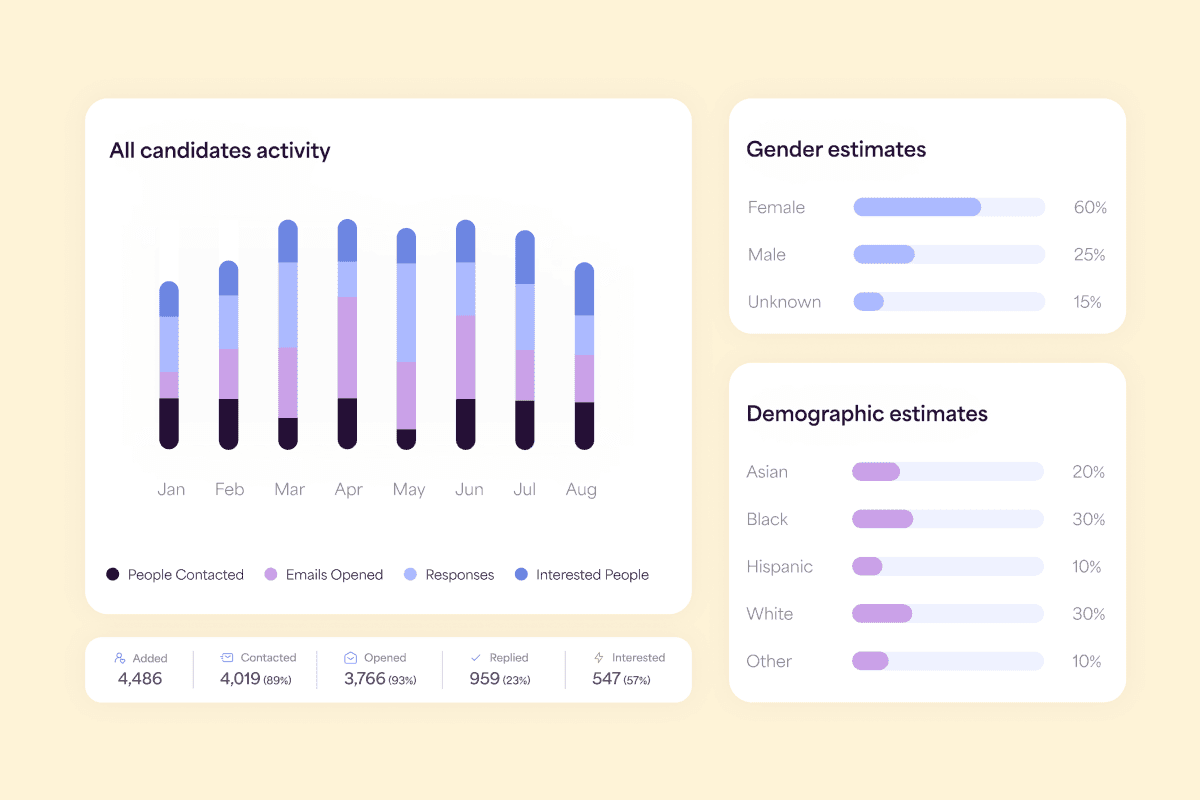
6. What Analytical Insights Does the Tool Provide? 📊
Data-driven recruitment is the future, and analytical insights are essential for refining your sourcing strategies. Inquire about the tool's reporting capabilities and the type of recruitment metrics it can provide. Metrics such as sourcing effectiveness, time-to-fill, and candidate conversion rates are valuable for making data-backed decisions.
Additionally, explore what reporting is available to understand candidate quality and interest levels. This could be an approval rating on the recruiter's side or open and response rates on the candidate's side.

7. What Level of Customer Support is Provided? 🤝
Responsive customer support is vital, especially during the implementation and integration stages. Inquire about the sourcing tool's customer support availability, response time, and support channels. A reliable support team can ensure a smooth onboarding experience and timely resolution of any issues.
In Closing
When researching sourcing tools, asking the right questions is crucial for finding the best fit for your organization's hiring needs. Consider factors such as sourcing channels, candidate matching, candidate privacy, integration with your ATS, analytical insights, customization options, and customer support.
By conducting thorough research and evaluating your options, you can select a sourcing tool that enhances your talent acquisition process, accelerates candidate sourcing, and ultimately leads to a more successful recruitment journey.
About Fetcher
Our mission is to help you engage talent that will transform your business aspirations into reality. Great talent is hard to find - that's why we offer a talent sourcing platform that not only gets your brand in front of the right candidates but also gives you a competitive edge in talent acquisition.
Begin building a relationship with your next great hire today and let Fetcher handle the rest. Learn more.




